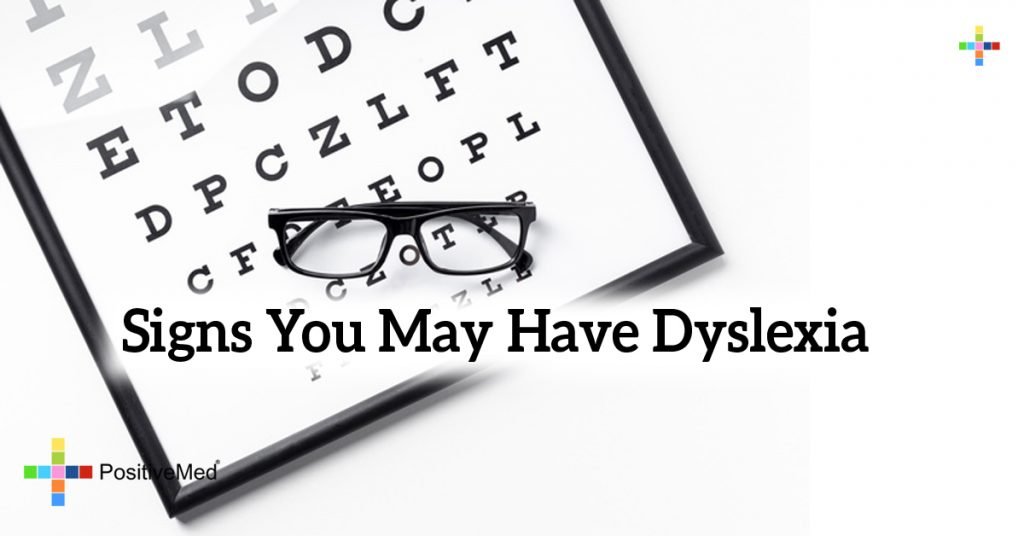
Signs You May Have Dyslexia
Dyslexia is an inborn developmental disorder that affects the areas of the brain that control cognitive functions and the capacity to process the written word. Since language comprehension is an important part of the ability to learn, the condition is considered to be a learning disability. People with dyslexia are of normal or above-normal intelligence who find it difficult to read, write, and comprehend words.

Since childhood, you haven’t been a reader. This lack of interest in the written word has not been a problem. After all, you made it through college and landed a great job. However, one day, a colleague brings an important 3-page report to read together and discuss. When you finish perusing the document, you look up to see your coworker waiting patiently. He’s not only done, but he’s had time to make and drink a cup of coffee.
This isn’t the first time something like this has happened: ever since you can remember, reading has required a monumental effort. Is there something going on that was overlooked during your school years?
The word dyslexia conjures up images of kids mixing up the order of letters as they read: lean becomes lane and Brian is brain. But there are more indications of this learning disorder, some of which have nothing to do with reading. If any of these signs seem familiar, you might have dyslexia and be unaware of it.
• Problems with Memory. Not only are facts difficult to memorize; you have a hard time recalling names and words. All too often, they are “on the tip of your tongue.”
• Speaking Difficulties. People who mispronounce people and place names, hesitate and say “um” often when speaking, lack the ability to speak smoothly and “on the spot” and to come up with quick responses, and experience speech anxiety are potential dyslexics.
• Reading and Writing Issues. These include exhaustion while reading, difficulty summarizing a story, reluctance to read out loud, misspelling words (even spelling the same word differently in the same paragraph), and an aversion to or being incapable of writing.
• Learning and Scholastic Problems. Math problems and mastering a foreign language are major challenges. College admissions testing can be an insurmountable difficulty. But there’s hope: a recent study showed only a miniscule difference in grade point averages and graduation rates of students who did and did not submit test scores.

Not all signs of dyslexia are negative. There are some very positive qualities inherent in people with dyslexia.
• Creative Thinking. The ability to think and see a concept from all angles and to develop unique perspectives is a strong asset in any profession or endeavor.
• Emotions. A marked empathy and concern for others, the capacity to eloquently express feelings, and the ability to “read” people are hallmarks of dyslexics. Hand in hand with this trait are social skills: these individuals are definitely people people.

These signs can help you determine if dyslexia might be a part of your life. Rest assured that a diagnosis of this disorder is not devastating. Rather, it proves that your intelligence and creativity have already enabled you to overcome so many challenging obstacles.





